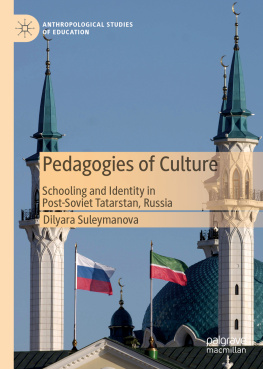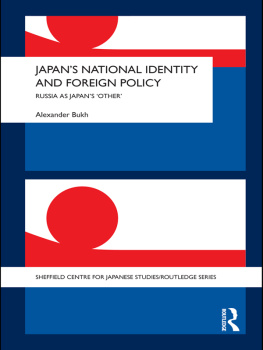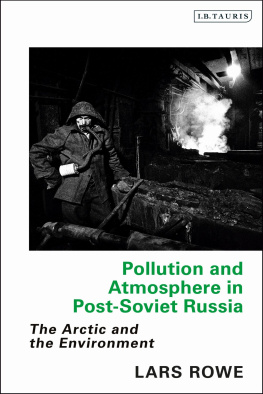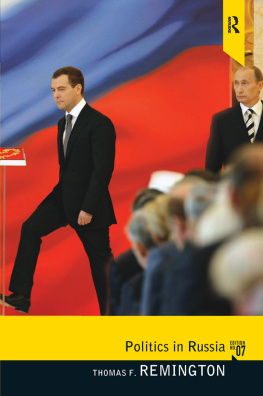Dilyara Suleymanova - Pedagogies of Culture: Schooling and Identity in Post-Soviet Tatarstan, Russia
Here you can read online Dilyara Suleymanova - Pedagogies of Culture: Schooling and Identity in Post-Soviet Tatarstan, Russia full text of the book (entire story) in english for free. Download pdf and epub, get meaning, cover and reviews about this ebook. year: 2020, publisher: Palgrave Macmillan, genre: Politics. Description of the work, (preface) as well as reviews are available. Best literature library LitArk.com created for fans of good reading and offers a wide selection of genres:
Romance novel
Science fiction
Adventure
Detective
Science
History
Home and family
Prose
Art
Politics
Computer
Non-fiction
Religion
Business
Children
Humor
Choose a favorite category and find really read worthwhile books. Enjoy immersion in the world of imagination, feel the emotions of the characters or learn something new for yourself, make an fascinating discovery.
- Book:Pedagogies of Culture: Schooling and Identity in Post-Soviet Tatarstan, Russia
- Author:
- Publisher:Palgrave Macmillan
- Genre:
- Year:2020
- Rating:4 / 5
- Favourites:Add to favourites
- Your mark:
- 80
- 1
- 2
- 3
- 4
- 5
Pedagogies of Culture: Schooling and Identity in Post-Soviet Tatarstan, Russia: summary, description and annotation
We offer to read an annotation, description, summary or preface (depends on what the author of the book "Pedagogies of Culture: Schooling and Identity in Post-Soviet Tatarstan, Russia" wrote himself). If you haven't found the necessary information about the book — write in the comments, we will try to find it.
Pedagogies of Culture: Schooling and Identity in Post-Soviet Tatarstan, Russia — read online for free the complete book (whole text) full work
Below is the text of the book, divided by pages. System saving the place of the last page read, allows you to conveniently read the book "Pedagogies of Culture: Schooling and Identity in Post-Soviet Tatarstan, Russia" online for free, without having to search again every time where you left off. Put a bookmark, and you can go to the page where you finished reading at any time.
Font size:
Interval:
Bookmark:
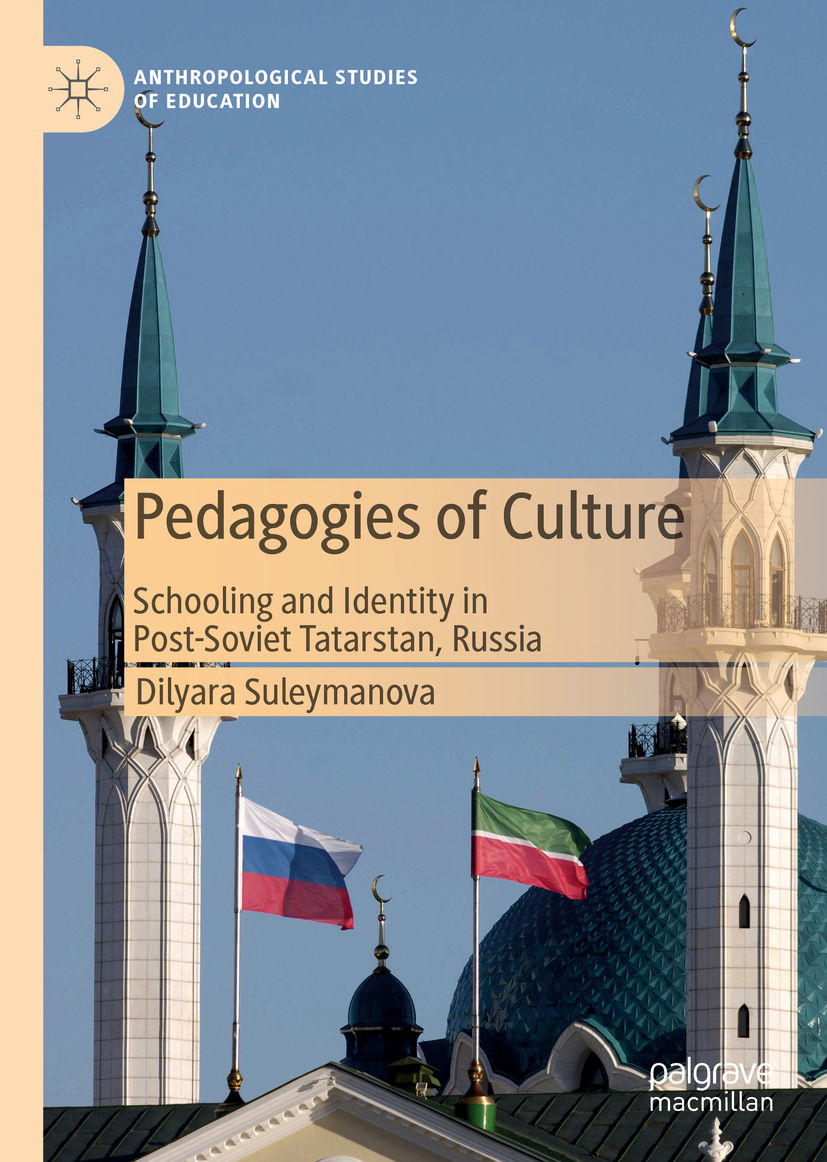
This series examines the political, ideological, and power-laden dimensions of education from an anthropological perspective. Books in this series look at how society is defined in relation to education. It delves into the kinds of communities that are imagined through educational policies, curricula, institutions, and programming. Many books in the series use ethnography to capture diverse educational positions and experiences. The series uses concepts such as social practice, myth-making, political organization, and economic exchange to address substantive issues pertaining to education in the moment and over time.
More information about this series at http://www.palgrave.com/gp/series/14767

Cover illustration: SPUTNIK / Alamy Stock Photo
This Palgrave Macmillan imprint is published by the registered company Springer Nature Switzerland AG.
The registered company address is: Gewerbestrasse 11, 6330 Cham, Switzerland
The work of an anthropologist is dependent on the time and energy that the people at our field-sites spend and share with us. My first and biggest thanks goes to all of my interlocutors and research partners in the district and the town where my research was conducted, which I will not name here, as well as in the capital of Tatarstan, Kazan. Without their openness, cooperation and hospitality, without their time, which they invested in this study, despite being preoccupied with more essential things in their lives, this research would not have been possible.
I would like to express my gratitude to the principals of the towns Tatar-medium and Russian-medium schools, who generously opened their doors and allowed me to attend lessons, take part in school events, hang out in the canteens and teachers lounges, or speak with students. My deepest thanks go to all the teaching staff, as well as the technical staff (nurses, cleaning ladies) in both schools, who welcomed me into their classrooms and shared their time with me, and who were caring in personal ways, despite the never-ending chores of work. Im also grateful to the principal and the teachers at madrasa, who were very open and supportive of my research. Thanks as well to all the staff at the local education department and the districts methodic center, who were always ready to provide me with information and contacts.
Im particularly indebted to Nuriya apa, and her family, Elbrus and Ildar, for helping me to solve many practical challenges that I encountered during my work and for making my stay warm and comfortable, even when it was 37 degrees outside. I would like to thank Nuriya apa for all of the contacts and logistical support that sheas a renowned teacher in the districtprovided me with. Thanks also to Gulsinur apa and Lyabiba apamy two dear hostswho contributed to my research by sharing their personal stories and who cared for my well-being.
I greatly enjoyed traveling in the district and visiting small village schools. My deepest gratitude goes to the staff at the Udmurt and Mari village schools, who received me with hospitality, shared their stories, and enthusiastically showed me the richness of their cultural heritage.
My special thanks go to all those (by now) former pupils of the Russian-medium and Tatar-medium schools for their openness and willingness to speak with me, for welcoming me into their homes, for the shared time we spent outside of schoolon walks and tripsfor sharing with me their feelings, intimate thoughts, and dreams. They are all pursuing their own paths now, but the time we spent together will always be in my memory.
I am indebted to numerous people in Kazanscholars at the Institute of History of the Academy of Sciences of Tatarstan, employees of the Ministry of Education of Tatarstan and of the City Educational Department, as well as other experts, for providing me with insights into the workings of the educational system. And to my old friends in Kazan: thank you for making the time I spent here so enjoyable.
The research for this book would not have been possible without the generous financial and institutional support from the Humer Foundation and the University Research Priority Program Asia and Europe (URPP) at the University of Zurich. I would like to thank the URPP Asia and Europe for their interest in my PhD research in its early stages and for making it possible. Another institution that was essential to this project was the Department of Social Anthropology and Cultural Studies at the University of Zurich, where the PhD thesis upon which this book is based was defended. I would like to thank my supervisor Peter Finke for his support and guidance throughout my whole time as a PhD candidate, Katharina Michaelowa for her critical comments, her rigorous reading of the PhD thesis, and her questioning of many assumptions underlying ethnographic research. My special thanks go to Christian Giordano for showing initial support for my project and inviting me to join an ethnographic field trip to Penang, Malaysia; I count this trip as the starting point for my interest in the anthropology of education. I would also like to thank my numerous colleagues and friends in the Department of Social Anthropology and Cultural Studies at the University of Zurich and in the Department of Social Anthropology at the University of Fribourg.
Parts of this study were written during my participation in the sessions of the ReSET Program Anthropological Approaches to Religion and Secularism, which generated an extremely inspiring scholarly environment and enriched my thinking in many ways. I thank all my colleagues who participated in these sessions with me and to the faculty, specifically, Michael Lambek, Michael Herzfeld, Mathijs Pelkmans, and Sonja Luehrmann, for reading and commenting on parts of this work.
Font size:
Interval:
Bookmark:
Similar books «Pedagogies of Culture: Schooling and Identity in Post-Soviet Tatarstan, Russia»
Look at similar books to Pedagogies of Culture: Schooling and Identity in Post-Soviet Tatarstan, Russia. We have selected literature similar in name and meaning in the hope of providing readers with more options to find new, interesting, not yet read works.
Discussion, reviews of the book Pedagogies of Culture: Schooling and Identity in Post-Soviet Tatarstan, Russia and just readers' own opinions. Leave your comments, write what you think about the work, its meaning or the main characters. Specify what exactly you liked and what you didn't like, and why you think so.

